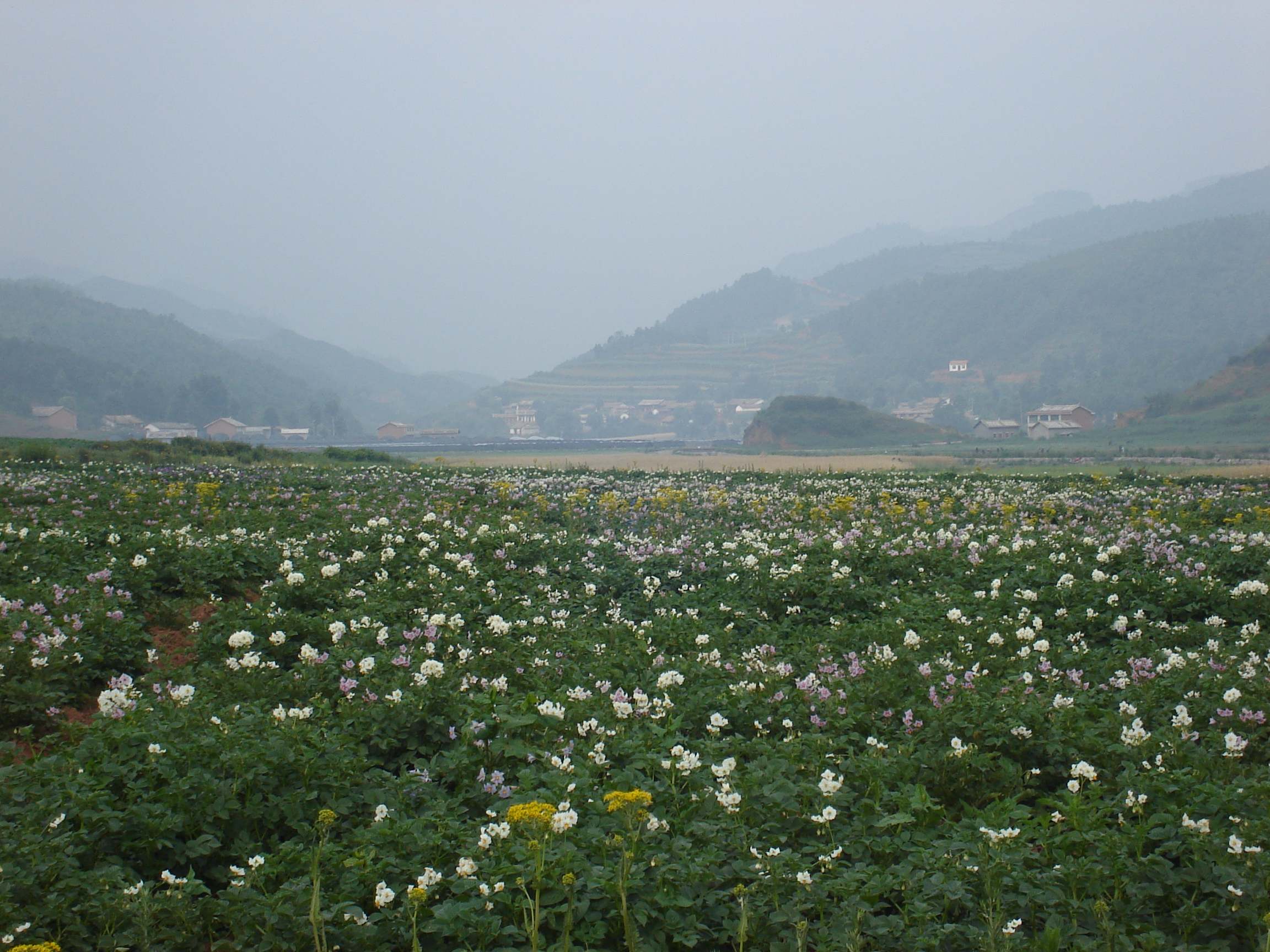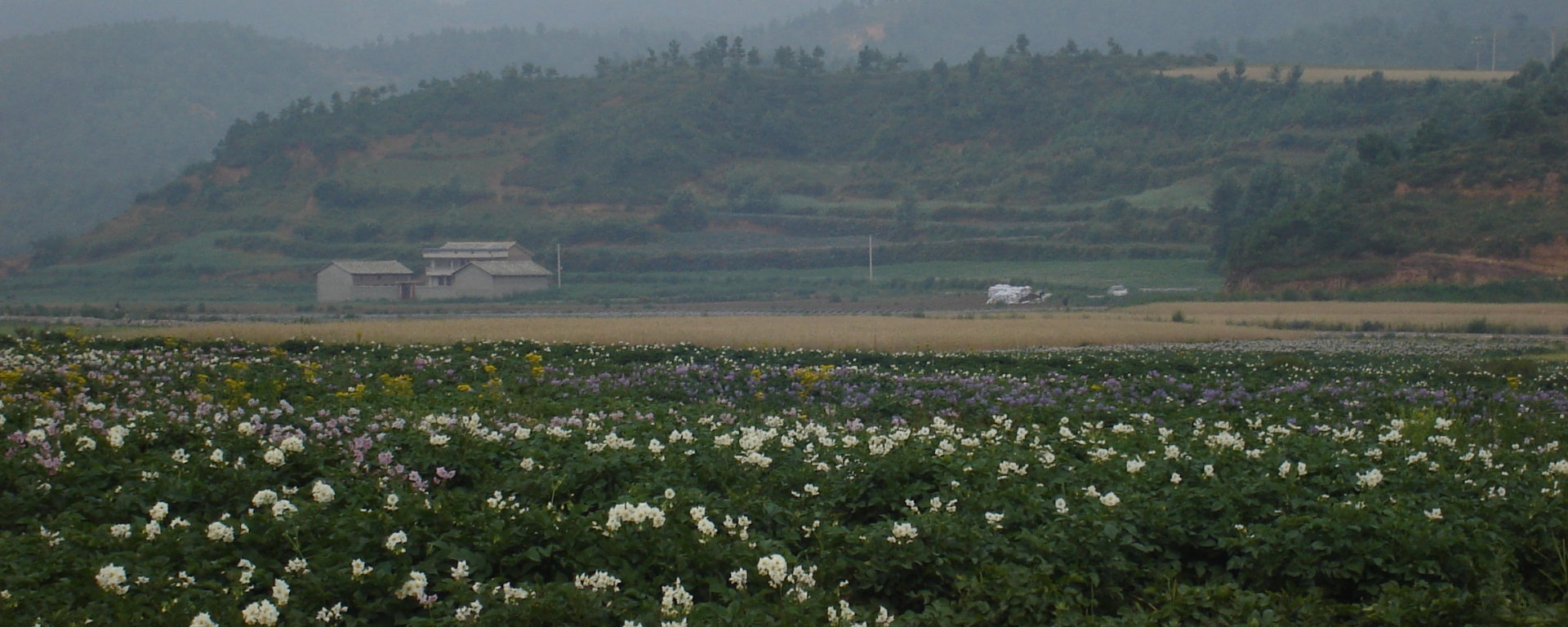Each year, Journal of Applied Ecology awards the Southwood Prize to the best paper in the journal by an author at the start of their career. In this post, Lina Yang (Minjiang University) discusses her shortlisted paper which used an experimental approach to understand how host population heterogeneity may affect the evolution of fungicide resistance in the associated pathogens.

The development of fungicide resistance increases the risk of plant disease epidemics. It is thus a major challenge to food security and an important and intrinsic component of social and ecological sustainability. It was already known that host population heterogeneity benefits agricultural ecosystems in a diversity of ways which include increasing crop yield and resilience, reducing disease epidemics, mitigating pathogen dynamics, improving soil health, etc.
However, it is not clear whether, and to what extent, host population heterogeneity may affect the development of fungicide resistance in pathogens. Thus, we used an experimental approach to understand how host population heterogeneity may affect the evolution of fungicide resistance in Phytophthora infestans – an infamous pathogen which caused the Irish famines in the mid-19th century and continues to threaten contemporary global potato production.
We found that the evolutionary development of fungicide resistance in P. infestans, was affected by the genetic variation of host populations. Higher genetic diversification in potato crops was associated with increased sensitivity of P. infestans to fungicides and led to reduced genetic variation of the pathogen available for the development of fungicide resistance. These mitigating effects of host diversification on the evolution of fungicide resistance are independent of biochemical properties of the fungicides and are likely caused by host selection for pathogen strains differing in the ability of fungicide influxes, effluxes or detoxification rather than mutations in fungicide target genes.

Our results indicate that host diversification is an eco-friendly approach that not only ameliorates fungicide resistance but also helps to achieve social and ecological sustainability by balancing the interactions between food security, socioeconomic development and ecological resilience. Indeed, the sustainable late blight control strategies we developed according to these experimental results have been applied to ~200,000 ha potato fields, reducing >300 tons of fungicide use during the growing season.
In addition to economic benefits associated with reduced financial input and increased potato production, this practice has contributed greatly to the ecological environment protection in the upper reaches of the Yangtze River and the Pearl River in China.
Read the full paper Plant diversity ameliorates the evolutionary development of fungicide resistance in an agricultural ecosystem in Journal of Applied Ecology.
Find out more about the Southwood Prize early career researcher award here
Lina Yang is research scientist at Minjiang University. Her current research focuses on statistical genetics and evolutionary ecology of the oomycete pathogen Phytophthora infestans using population genomics and field experimental evolution approaches. During her PhD at Fujian Agriculture and Forestry University and University of Dundee, she focused on the study of molecular functions of effector proteins and how host diversity affects crop productivity, pathogen evolution and soil fertility using the combination of field trials and laboratory analyses. After the PhD degree, she continued her postdoctoral research at Fujian Agriculture and Forestry University to study how host diversity affect the evolutionary development of fungicide resistance in P. infestans which led to her publication in Journal of Applied Ecology. Now, she is working together with farms, advisers and local governments to apply these experimental results for sustainable potato production. In her future work, she will continue her career of linking fundamental research in eco-evolution to applied research of solving societal ecological problems resulted from agricultural practices and climate change.
